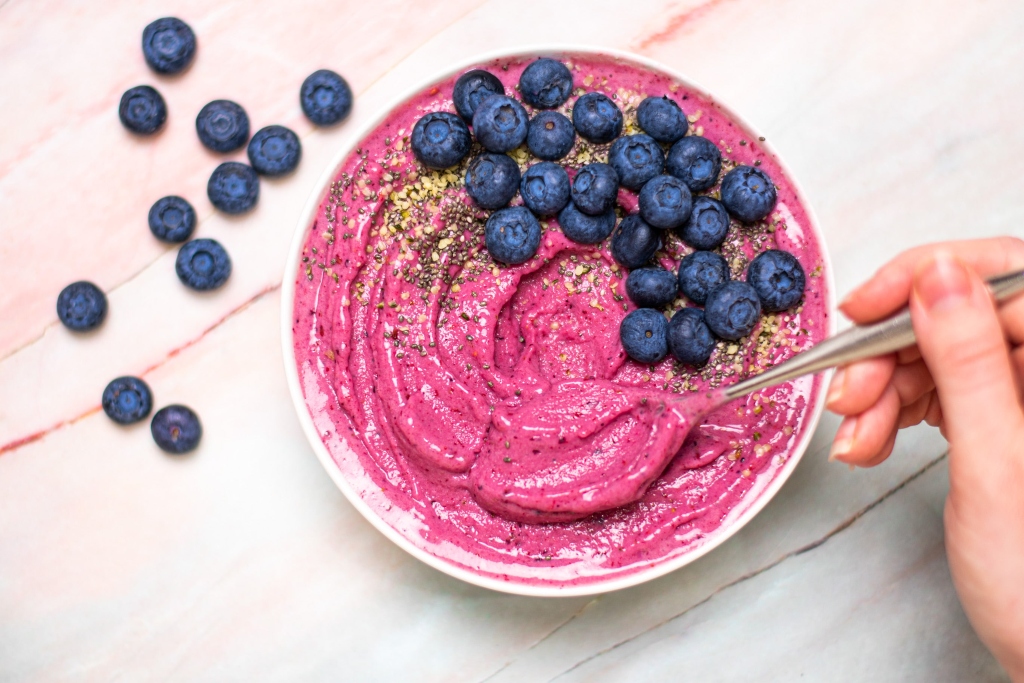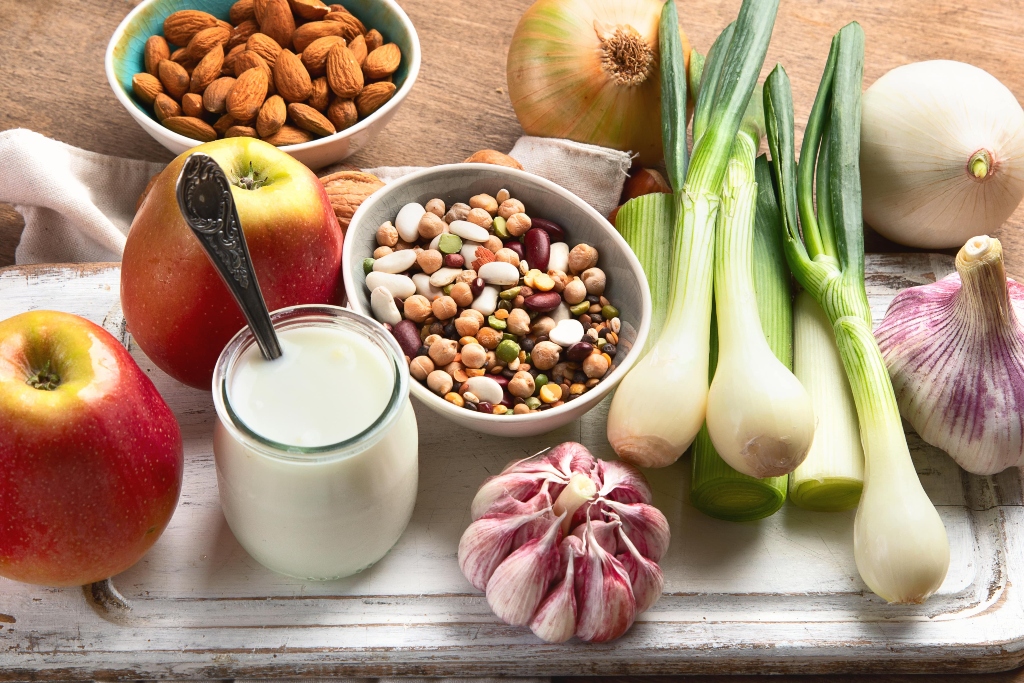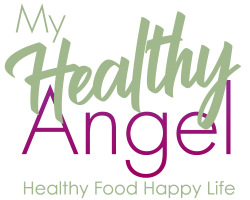It’s hardly news that Gut Health is integral to your overall health. Here are three of the core principles on how to improve gut health from leading experts today on gut health. Stay tuned for links to the resources at the end of the post.
All disease begins in the gut - Hippocrates Click To TweetCore Principle #1: The Gut-Immune System Connection
Gut health and the immune system go hand because about 70-80% of it of the immune system is in the gut, depending on what you read. When we talk about the immune system, we’re talking about both the innate and acquired or adaptive immune system.
Innate Immune System
This is the system we’re born with. The innate immune system is designed to work quickly when it finds an invader. For example, if you got a cut, it works to help you with the bacteria that might be invading that open wound.
Acquired Immune System or Adaptive Immune System
Your acquired or adaptive immune system develops over time. It keeps a record of every pathogen, bacteria, or virus you’ve been exposed to so it can remember it and mount a response. As a side note, the adaptive immune system is the basis for vaccines. A vaccine introduces a tiny amount of viral protein for your adaptive immune system to create antibodies. So, the next time you’re exposed to the virus, the vaccine would help you become less sick or not sick at all.

3 Ways the Gut and Immune System are Connected via the Brain
Your gut can send signals to your brain and your brain can then influence what makes up your gut microbiome. And, your gut and brain communicate with each other via the immune system using, neurotransmitters like serotonin and also the vagus nerve which affects sleep (more on serotonin and sleep in a minute).
The Gut Lining and Your Immune System
The gut lining is like a fishing net with tiny holes. The “net” is a thin wall of cells that works as a barrier between what stays in your intestine and what passes into your bloodstream. Behind that barrier are cells linked to your immune system that constantly sense what’s in your gut – good or bad.
How the Gut-Immune Connection Works to Battle Illness
For example, when certain viruses enter the gut, Bacteroides in the gut lining (lumen) will trigger a message to interferons to release certain cytokines to destroy the viruses. If your gut bacteria are off and you don’t have the right amount of the right bacteria, you might not trigger the immune response to release the cytokines and fight off the virus.
Gut Bacteria, Inflammation, and Supporting Immunity
Every time we eat, gut bacteria break down our food and use our food as nourishment.
As this happens, healthy gut bacteria produce compounds that help your immune system function optimally. If you have an imbalance of gut bacteria, it can lead to an inflammatory response or an inflamed gut.
The inflammation or swelling and pain in your gut can eventually become chronic, causing the gut lining to break down. This breakdown is called a leaky gut and results in allowing harmful bacteria to enter the bloodstream.
Causes of Imbalanced Gut Bacteria and Inflammation
There is a many things that can cause imbalanced gut bacteria including stress, a highly-processed diet, antibiotics, and poor sleep habits.

Core Principle #2: Nutrition and Gut Health
Eating a diet with a balance of healthy bacteria ensures your gut bacteria aren’t wasting their immune response fighting inflammation. Instead, your immune response can be saved for daily complex functions or when true invaders are present.
In the past few Covid years, you’ve likely heard certain populations with existing health conditions such as obesity, diabetes, asthma, chronic lung disease, and immunocompromised are at an increased risk for getting very sick from COVID-19.
The underlying factor in these conditions is inflammation. Say you don’t have one of these conditions, but you have an inflamed gut. Your gut flora is busy fighting internal gut inflammation instead of mounting a response against Covid. So you may not be able to control getting sick, but you can control what you eat and how nourishes a healthy gut. If you eat a high-fiber diet, manage stress, exercise, and get a good night’s sleep, all these things can help maintain a good balance of gut bacteria.
How about Fiber? Prebiotics vs. Probiotics
Prebiotics are a type of fiber that the human body cannot digest. They serve as food for probiotics, which are tiny living microorganisms, like bacteria and yeast. Both prebiotics and probiotics may support “good” bacteria and other organisms in the gut to do their functions well.
We need prebiotics to:
- Feed probiotic gut bacteria. Probiotics need access to prebiotics to work
- Help your body process carbohydrates
- Improve calcium absorption
Some natural prebiotic fiber examples are oats, garlic, onions, leeks, asparagus, cocoa (yes cocoa!), flaxseeds, bananas, and apples.

Probiotics are microorganisms like bacteria and yeast found naturally in your gut. Your gut contains a mixture of both beneficial and harmful bacteria that line your gut or microbiome.
We can’t completely stop harmful bacteria from entering our body but we have some control over the balance of good and bad bacteria based on how we eat. If we eat well and have a strong balance of good bacteria, they can help fight the pathogenic “bad” bacteria.
Great options for probiotic foods to include in your diet are fermented foods such as kombucha, kimchi, sauerkraut, fermented soy and miso, sourdough bread, and plant-based yogurt – soy and nut. There are some non-vegan food options, but since we’re talking about getting the gut in check, we’ll stick to listing non-dairy options.
Probiotic and Prebiotic Supplementation
Here are a few great probiotic and prebiotic products well worth the investment. A good rule of thumb is to get your diet in check before you turn to supplements. Supplements aren’t necessary for good gut health, however, they are helpful for boosting the immune system during stressful times or illness. For example, I’ve added supplements while traveling, training for something big (e.g. marathon training), or the rare times of using an antibiotic.
- Seed.com – This is a 24-strain probiotic + prebiotic formulated to support systemic health and engineered to survive acid, enzymes, moisture, and heat. For adults 18+. Around $49.
- Ritual Gut Health Synbiotic+ 3-in-1 clinically-studied prebiotics, probiotics, and postbiotics to support a balanced gut microbiome. With 11b CFUs for digestive support, plus two of the world’s most clinically studied strains. Around $50.
- Athletic Greens AG1 – Vitamins and minerals and phytonutrients and more including probiotics to support your gut health, enhance nutrient absorption and strengthen your immune system. Plus prebiotics feed probiotics so they can multiply and establish an ongoing presence in your digestive system.
- Ancient Nutrition, SBO Probiotics Ultimate – 50 Billion CFU’s/Serving, digestive and immune support, gluten-free, ancient superfoods blend, 60 capsules.
- Ancient Nutrition, SBO Probiotics Gut Restore – 25 Billion CFU’s/Serving, promotes gut health, digestive and immune support, gluten free, 60 capsules
Core Principle #3: Sleep and Gut Health
What happens in our gut when we’re sleep-deprived? The risk of viral infection skyrockets by 88%.
Serotonin (the feel-good hormone), is primarily produced in our gut (70-90%). Serotonin is a precursor to melatonin (the sleep hormone). So, if you’re gut bacteria are off and your serotonin production is down, your melatonin will also be down and will negatively affect your sleep. And vice versa.
If you’re not sleeping well, that’s going to throw off your gut bacteria. If your gut bacteria get thrown off, you could become limited in your ability to fight off bacteria viruses, and infections. Case in point, college kids always seem to be sick around exam time when they’re not getting enough sleep.

Good vs. Bad Gut Bacteria and Sleep
One study shows good bacteria is linked to good sleep and bad gut bacteria is linked to bad sleep. In the study, the quality of your gut bacteria affects both the amount and quality of your sleep. Beneficial gut bacteria correlated with longer sleep times and better sleep efficiency (the time sleeping in bed). Bad gut bacteria correlated with poor sleep quality.
How Can You Improve Sleep Through Gut Health?
Avoid diets heavy in sugars, fats, and highly processed foods which can alter your gut microbiome. Instead, eat a diet rich in a wide variety of plants and whole grains which help restore and protect the beneficial bacteria in your gut.
One of the keys to diversifying your gut bacteria is widening the range of plants you eat. Leading gastroenterologist, Will Bulsiewicz, MD states:
It’s scientifically proven that the single greatest predictor of a healthy gut is the diversity of plants (in one’s diet).”- Will Bulsiewicz, MD. Click To Tweet
Honorable Mention Core Principle – Exercise and Gut Health
That daily run or walk is essential to the health of your gut as well as the rest of your physical and mental well-being. So it’s important that you do something mildly strenuous every day. Exercise gets your blood circulating, and the mechanical action of bouncing up and down helps move things through the gut too.
Great Resources from Leading Experts on Gut Health
Books on Gut Health
- Gutbliss, The Microbiome Solution, and The Anti-Viral Gut, by Robynne Chutkan
- The Proof is in the Plants by Simon Hill
- Fiber Fueled- The Plant-Based Gut Health Program For Losing Weight, Restoring Your Health, And Optimizing Your Microbiome” – by Dr. Will Bulsiewicz
- Fiber Fueled Cookbook – Inspiring Plant-Based Recipes to Turbocharge your Health – by Dr. Will Bulsiewicz
- The Mind-Gut Connection – by Emeran Mayer
Podcasts on Gut Health
- Live Dirty, Eat Clean, Robynne Chutkan on Everything Microbiome – Podcast: Rich Roll/Robynne Chutkan
- The Anti-Viral Gut: Reducing Inflammation, Optimizing Immunity and Preventing Disease from the Inside Out – Podcast: Rich Roll/Robynne Chutkan
- Zach Bush, MD on GMO’s, Glyphosate and Healing the Gut – Podcast: Rich Roll/Zach Bush MD
- Will Bulsiewicz MD–How to Heal Your Gut, Sidestep Disease and Thrive – Podcast: Rich Roll/Will Bulsiewicz MD
- Simon Hill – Proving Plant-Based Diet Positives – Simon Hill has a master’s in nutrition and is the host of the Plant Proof podcast and blog of the same name. Much of his focus is on a plant-based diet approach to human health. A great deal of the focus is on gut health – Podcast: Rich Roll/Simon Hill
In Good Health 2023!


